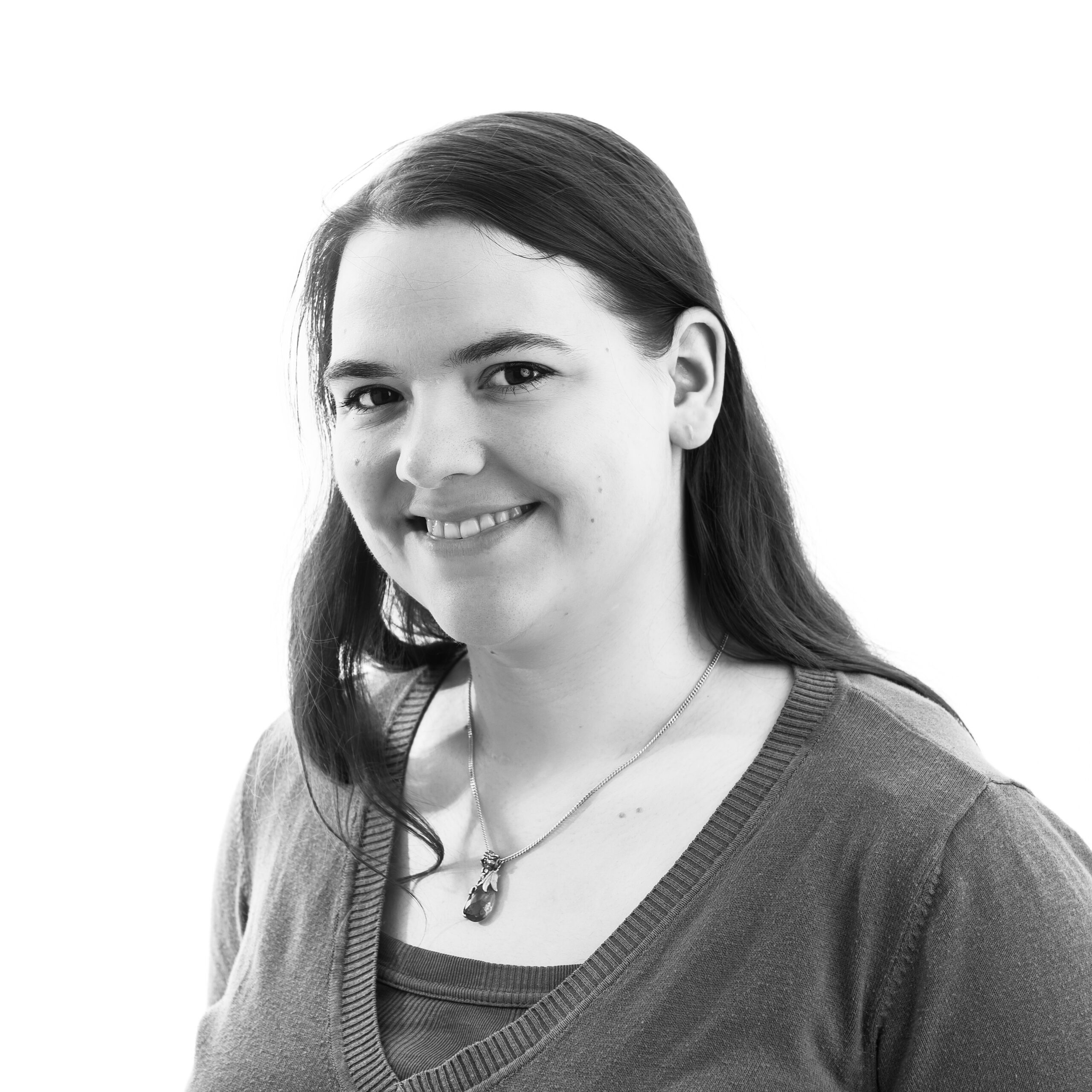Being in zero gravity could change the way that astronauts make decisions while they are in orbit.
A new set of experiments mimicked the weightless effect of being in space, and found that it made people make decisions differently than they would normally on Earth.
The team, led by Maria Gallagher from Royal Holloway, University of London, investigated the decision-making skills of a group of volunteers by repeatedly asking them to pick a number randomly between one and nine.
At first, the participants did this standing up, with gravity acting on them naturally.
Then the team repeated the experiment with the volunteers lying down.
It’s impossible to recreate zero gravity on Earth for longer than a few seconds, but lying down mimics several of its effects.
The difference was stark – the ‘zero gravity’ results showed much more randomness than the Earthbound ones.
“Participants started to repeat the same number they shouted out before and the random choices they made almost ceased,” says Elisa Ferre from Royal Holloway, University of London, who took part in the study.
The finding shows that microgravity could have an effect on the way that the brain makes decisions.
Astronauts live and work in one of the most hostile environments humans can live in. For them decisions are frequently life-or-death.
“With the prospect of people going up into space, whether as a trained astronaut or, in the near future, civilian passengers, it can take a few minutes for any transition messages to get from the spacecraft to Houston.
Being able to make decisions promptly, concisely and on-the-spot without any outside help, is of paramount importance,” says Ferre.
While the effects of zero gravity has been extensively studied on the International Space Station, this experiment shows that there are gaps in our knowledge about being weightless.
“Whilst the physical training and incredible equipment is given to astronauts, research in decision-making when we’re away from terrestrial gravity is little known, and our findings show that altered gravity might affect the way in which we make decision,” says Ferre.
“This is incredibly important and we need to fix this.”
